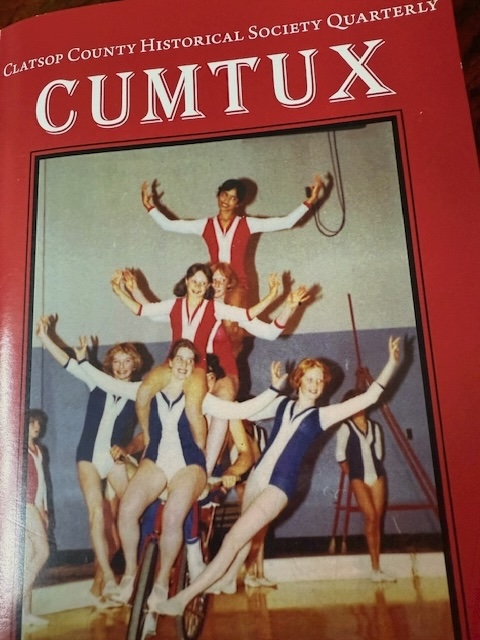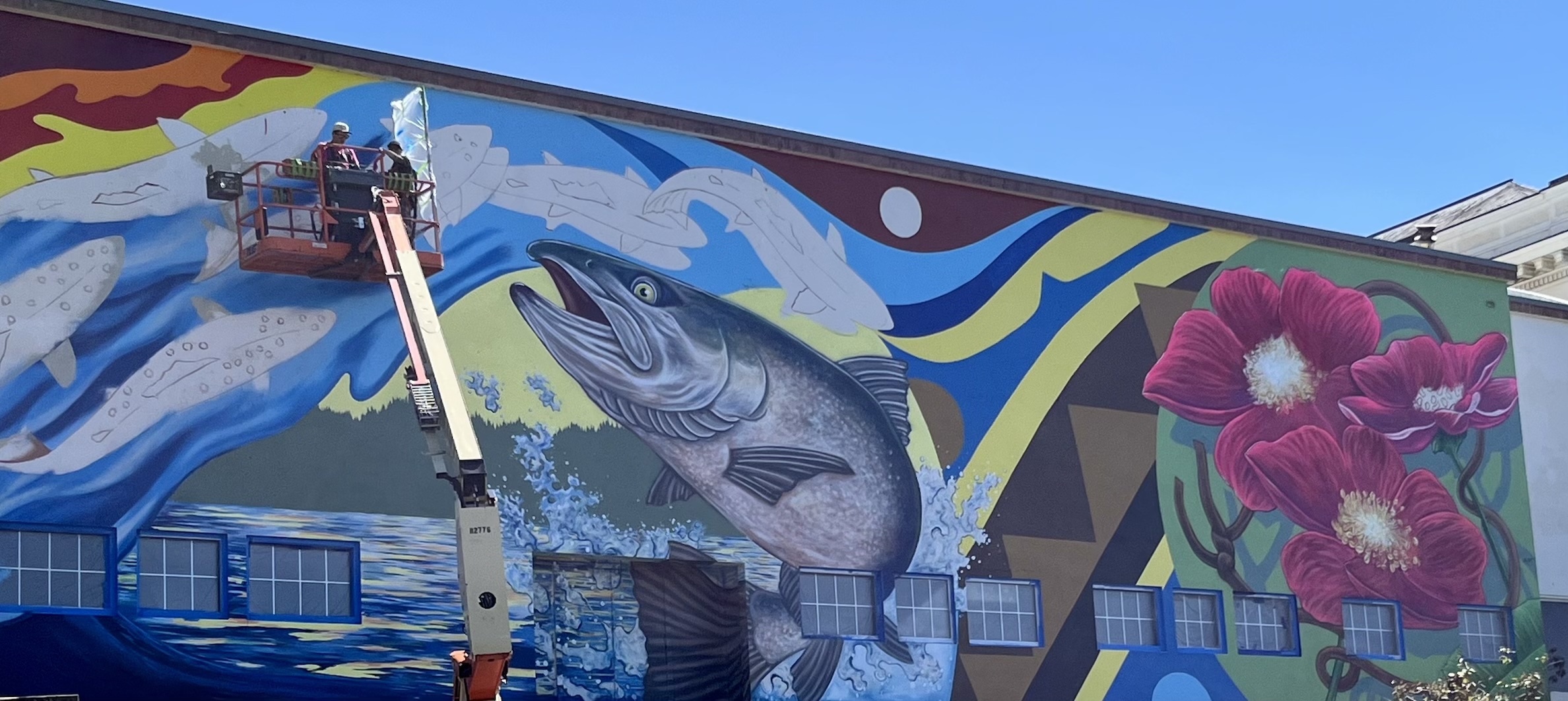Bookmonger: Novel explores love, trauma across generations
Published 9:00 am Wednesday, October 26, 2022

- “The Many Daughters of Afong Moy” is by Jamie Ford.
“The Many Daughters of Afong Moy” by Jamie Ford
Atria Books – 382 pp – $28
Trending
You may have caught onto this already: this book reviewer’s opinions don’t always jibe with the general public’s literary predilections. I felt like the only person around, for example, who failed to swoon over Jamie Ford’s debut novel, “Hotel on the Corner of Bitter and Sweet.”
Despite the fact that I didn’t give it my stamp of approval, it became a bestseller, now translated into 35 languages.
I do, however, really appreciate the fact that the author, who grew up in Seattle but now lives in Montana, repeatedly returns to explore some of the overlooked cornerstones of his hometown’s history when devising stories centered on immigrant experience and second-class citizenship.
That many of Ford’s central characters are women further adds to plot complications. But in Ford’s new novel, already a bestseller, he tweaks the formula in new ways.
“The Many Daughters of Afong Moy” is an ambitious story drawn with what Ford calls his “big box of crayons.” The author explores generational trauma and epigenetics – notions that have been embraced by different cultures and thinkers across the centuries, but that are gaining increasing mainstream attention in the 21st century.
In a nutshell: can catastrophic adverse experiences such as slavery or war be recorded in and transmitted via our DNA and impact succeeding generations?
Ford reimagines this on a more personal level, and once again turns to obscure historical record to find the kernel of his story. In the 1830s, a Chinese woman with bound feet made headlines in newspapers across the United States.
Variously called Miss Ching-Chang-foo or Miss Keo-O-Kwang King, the woman’s identity was eventually settled upon as Afong Moy, and hucksters including P.T. Barnum paraded her around the country as the first Chinese woman to come to America.
Ford, himself the great-grandson of a Chinese immigrant, imagines how lonely and terrifying life must have been for this woman so far from home. The real-life Afong Moy vanished from the headlines at some point, but for this novel, Ford creates six succeeding generations who carry “stratums of empathy, levels of limerence” (I had to look that word up) that have been passed on genetically.
This is a challenging work of fiction that hopscotches back and forth in time and across three continents.
The Northwest, and Seattle, to be specific, gets a share of the attention. In 2014, when one of Afong Moy’s descendants, Greta Moy, designs a feminist dating app for a Seattle tech company, she attracts the unwanted attention of her predatory boss.
Then, 30 years into the future, Greta’s daughter, poet Dorothy Moy, endures climate collapse and confronts her own mental health crisis while living in the top of the historic Smith Tower.
Ford alternately knits and unravels coincidence, calamities and behaviors across generations. The story’s ending? For me, it felt corny rather than transcendent. But the journey up until then is fascinating.









